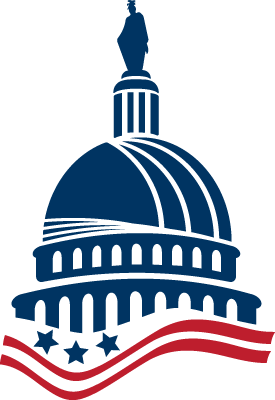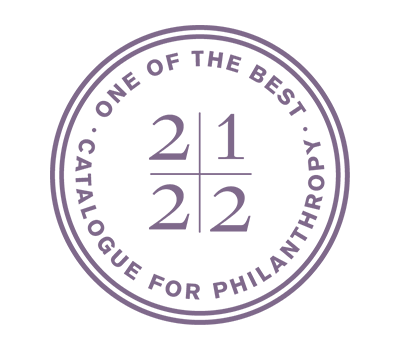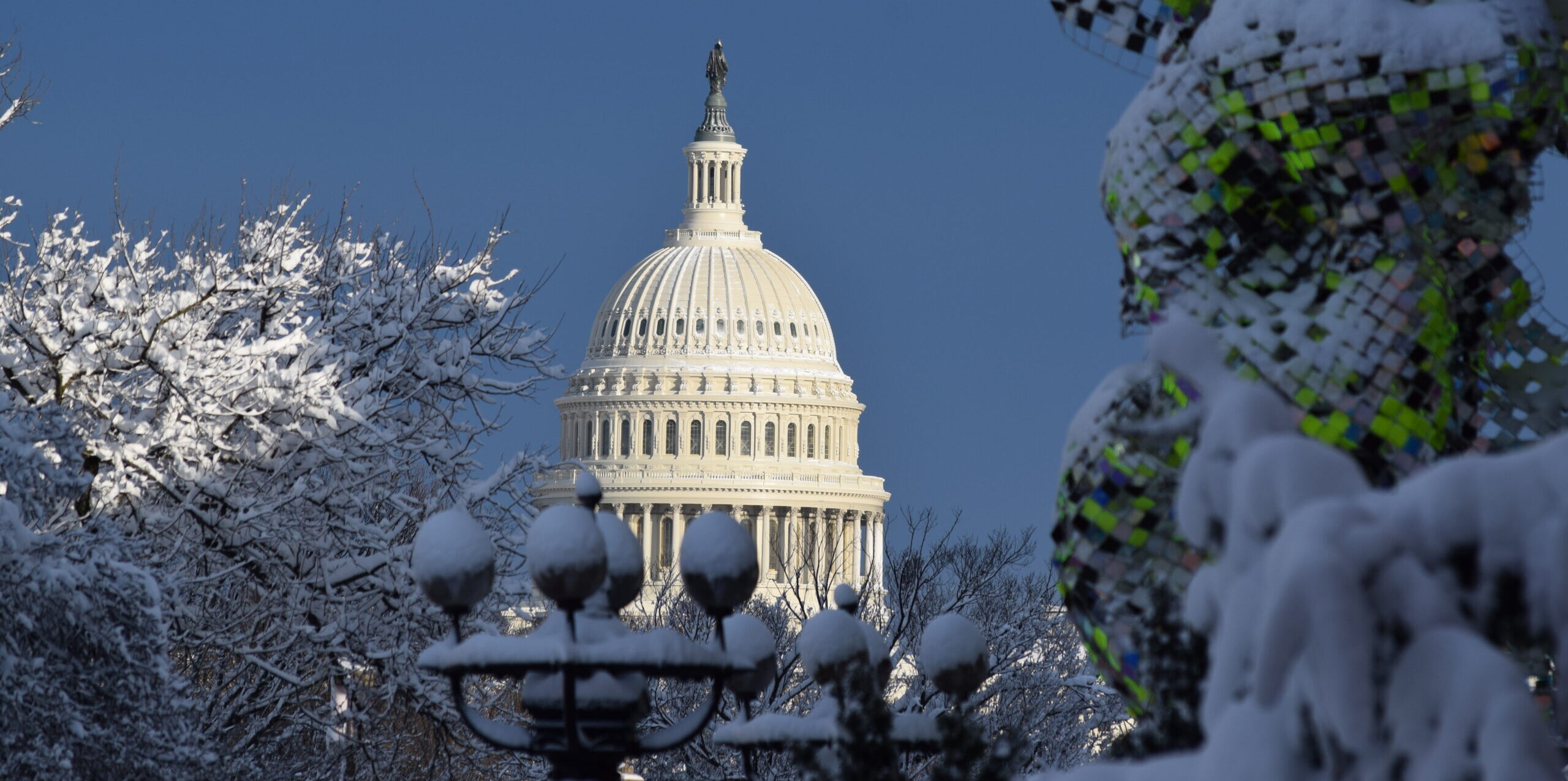

Applications are due Jan. 31. To apply, visit: rbhayes.org/news/2024/01/05/general/teachers-apply-now-for-electoral-college-workshop-at-hayes-presidential/.
FREMONT—The U.S. Capitol Historical Society in partnership with the Rutherford B. Hayes Presidential Library and Museums is inviting Ohio and Midwest teachers to apply for an Electoral College Workshop, which will be hosted Feb. 22-23 at Hayes Presidential.
Hayes Presidential will sponsor and select Midwest history, civics or social studies teachers to receive civic education training about the 1876 Hayes-Tilden election—one of the most controversial in American history—to help their students better understand the Electoral College.
There will be additional teachers from across the country nominated by the Congressional representatives and sponsored by the Historical Society.
“The Electoral College is confusing to many,” said Christie Weininger, Hayes Presidential executive director. “It’s the electoral college that determines who wins a presidential election, but people don’t understand why the electoral college exists or how it works. That’s why we think it is important to teach about it in schools.”
“The Electoral College is one of the most important aspects of the American governmental system, yet one of the least understood,” added Jane Campbell, president and CEO of the U.S. Capitol Historical Society. “Many adults don’t fully understand the Electoral College—either how it works or why it even exists. If American adults have this issue, it’s an even bigger challenge for their children.”
Campbell explained it is important for students to understand the Electoral College was one of the compromises that enabled the nation’s Framers to pass the Constitution and form the U.S. government, hence the Electoral College being ingrained in the Constitution.
“Of the 59 presidential elections to date in American history, six—or approximately 10%—have been decided by the structure of the Electoral College system,” she said.
According to the Electoral College, in 1800, a tie in the Electoral College forced a contingent election in the House of Representatives. In 1824, no candidate received a majority of the electoral college, forcing another contingent election in the House. Then, in 1876, disputed electors left neither candidate with a majority of the Electoral College, and an electoral commission was created to resolve the outcome. In 1888, 2000 and 2016, the winner of the Electoral College did not attain a plurality of the popular vote.
“Finally, the U.S. Capitol Historical Society was chartered by Congress, in part, to foster an informed patriotism,” said Campbell. “For a quarter millennium, American democracy has set an example for the rest of the world. That system endures, first and foremost, because of our free and fair elections. But for the American experiment to continue, our next generation of leaders must understand our system, take pride in our system and soon participate in our system.”
Teachers eligible to apply must teach American history, civics or social studies in grades K-12, although the workshop is geared toward middle school and high school teachers. Teachers must be currently employed at a public, private or charter school.
On Feb. 22, the workshop will begin with a welcome reception and stage reading of “Electionland,” an educational play about President Hayes and his 1876 election. The production was developed by StoryWorks Theater, which utilizes theater arts to create a deeper understanding of the Constitution. The stage reading will be performed by local actors at 6:30 p.m. Tickets for the general public are available and free, but must be reserved online at showclix.com/tickets/electionland.
Then, on Feb. 23, the selected teachers will participate in hands-on sessions using primary sources from the Hayes Presidential collection and the National Archives and Records Administration to help them teach about the Electoral College and contested elections.
“The United States is built on the concept of federalism: national, state, and local governments each sharing powers and responsibilities for the benefit of their citizens,” said Campbell. “In that spirit, we’re incredibly excited that teachers from across Ohio, the Midwest and United States will have the opportunity to come together to learn with, and from, each other—and further, that a national organization like the U.S. Capitol Historical Society has the opportunity to partner with an organization as important to its community as the Rutherford B. Hayes Presidential Library and Museums. Together, we hope to inspire the teachers who will inspire our next generation of leaders.”
Applications are due Jan. 31. To apply, visit: rbhayes.org/news/2024/01/05/general/teachers-apply-now-for-electoral-college-workshop-at-hayes-presidential/.







